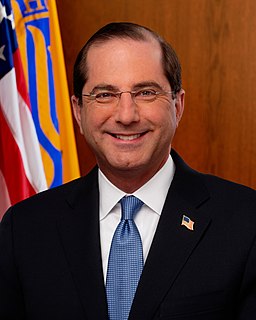A Quote by Scott Gottlieb
The truth is that the greatest innovations in health-care delivery haven't come from federally contrived oligopolies or enormous hospital chains. Novel concepts - whether practice-management companies, home health care or the first for-profit HMO - almost always have come from entrepreneurial firms, often backed by venture capital.



































